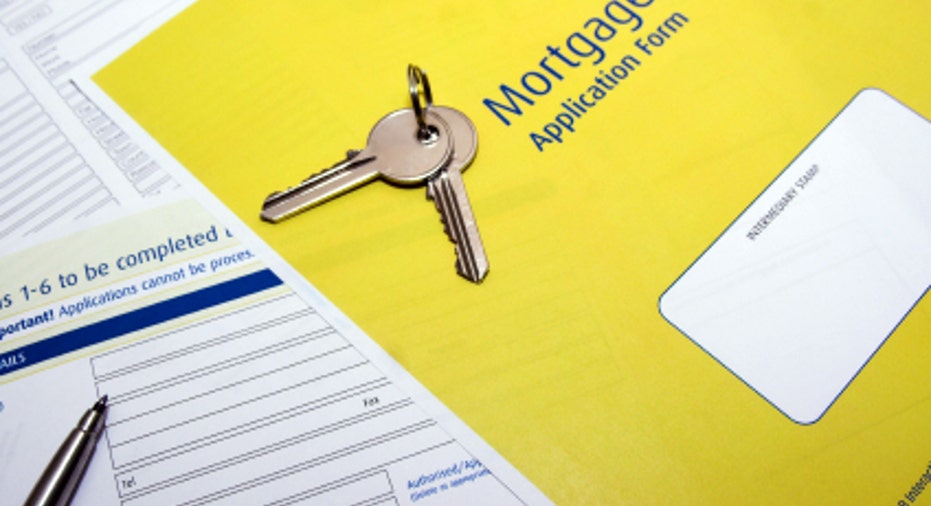Who Should Do a Reverse Mortgage?

The economic storm that rocked many baby boomers’ nest eggs has left many of them considering a reverse mortgage as part of their retirement plan.
Reverse mortgages allow homeowners who have reached age 62 or older to draw down on their home's equity in exchange for cash. For instance, if your house is worth $250,000 you can get up to $250,000 either as a line of credit, all in a lump sum or via monthly payments. The amount you get is a percentage of the value of the home depending on your age. If there is an existing mortgage balance on the home, you’ll have to pay that off first. Just like with a home equity loan, you’ll have to pay interest on what you borrow, and there are fees and closing costs associated with a reserve mortgage. What’s different is those fees are paid upfront, and are deducted from the amount you’ll receive. Peter Bell, the president of the National Reverse Mortgage Lenders Association, says some mortgage companies are now offering the option to eliminate the fees in exchange for a slightly higher interest rate.
While your home will be paying you, you are still on tap for the taxes and insurance related to the house. If you don’t stay current on taxes and insurance your loan could become payable. According to the Federal Trade Commission, most reverse mortgages have variable interest rates which change with the market. This loan product can also use up some or all of the equity in your home, resulting in fewer assets you can leave to heirs.
With a reverse mortgage, as soon as you move or die the loan comes due. If you get sick and are away from your home for a year, the loan also becomes payable. Since most reverse mortgages done these days are backed by the Federal Housing Authority, if the house is worth less when the loan becomes due, the government will take on the difference.
When deciding if a reverse mortgage is right for you, it’s important to determine why you need the money and if there are alternatives--after all, a reverse mortgage isn’t free. “What do you need the money for and when do you need it and are their other options worth considering,” are things you need to take into account, says Bell. “A lot of seniors do have a need because they have peaks and troughs when they need cash and sometimes they have to liquidate investments at an inopportune time.” With a reverse mortgage, seniors have a line of credit they can draw upon in these instances, potentially avoiding situations where they have to cash out a stock or pay a penalty for cashing out a CD early, he says.
Reverse mortgages have gotten a bad rap over the years because of their high fees and stories of seniors who took out a reverse mortgage only to burn through the cash in a year or two and end up in a worse financial situation than when they started. According to Gregg Smith, president and COO of One Reverse Mortgage, reverse mortgages should be a tool for every senior, even those who aren’t in desperate need of cash.
Smith says a reverse mortgage makes sense for someone who has enough cash flow to live, but may not have enough to pay for supplemental long term care insurance. In that instance, they can use the reverse mortgage to cover those monthly payments, he says. “A reverse loan program really should be part of every senior’s plan. It doesn’t mean it has to be the program used.”
A reverse mortgage also makes sense for people who need cash to get out from under a mortgage or those who want the flexibility of having a line of credit, says Smith. “The industry has been exclusively working in the needs based bucket and the program’s appeal is much broader than that.”



















